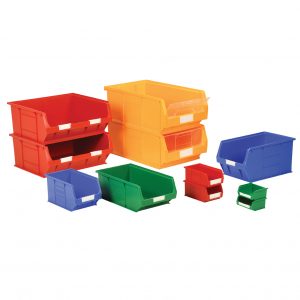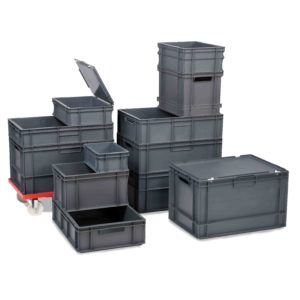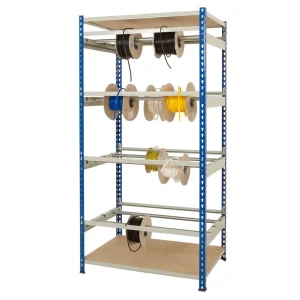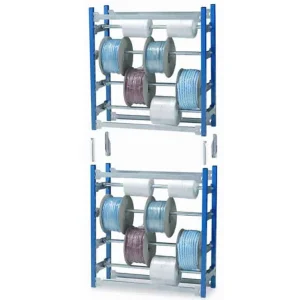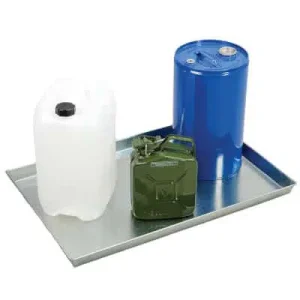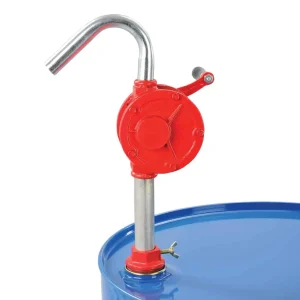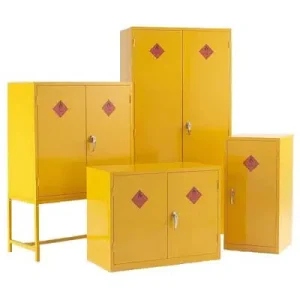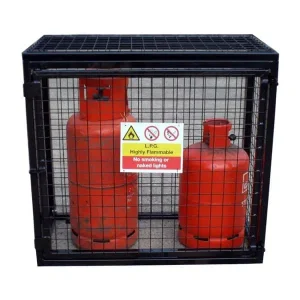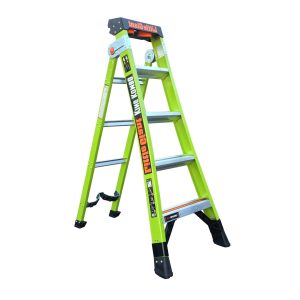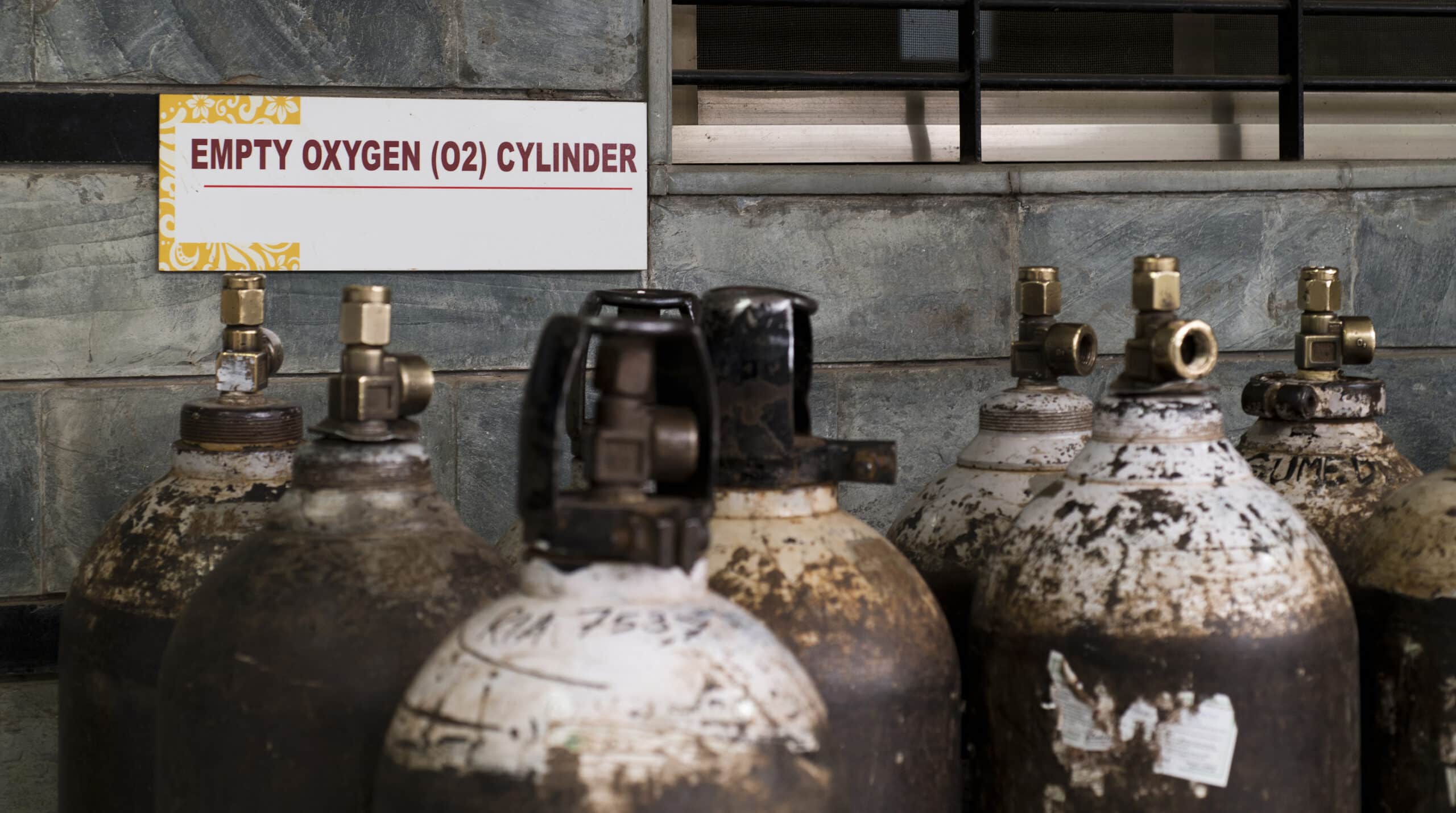
An empty gas cylinder requires safe storage just as much as a full one. A gas cylinder in any condition can have a huge amount of pressure, so corrosion, fire, falling, or toppling bottles and other hazards still present a significant danger. It is important not to take this danger lightly.
Potential hazards of improper empty gas cylinder storage, handling, or transportation include:
- Explosion, which may fling tiny fragments of metal very far and at high speeds or even cause the entire cylinder to fly through the air as a projectile
- Fire; even partial contents remaining in a gas bottle can cause a fire that may spread and ignite other bottles full of gas or simply cause the surrounding areas to catch fire
- Leaks; even seemingly empty cylinders are never truly empty and if a bottle happens to contain even trace amounts of toxic gas it may be enough to cause injury or death
As leading providers of a wide range of gas bottle storage and handling equipment, we are a good source of information on how best to store empty gas cylinders, full gas cylinders, and a variety of other dangerous containment vessels or volatile substances. We can explain more when you need us.
Feel free to browse our products and buy online with free UK delivery or read on to learn the best practices for the storage of empty or old gas cylinders. Contact us if you have a product question.
How to Safely Implement the Storage of Empty Gas Cylinders
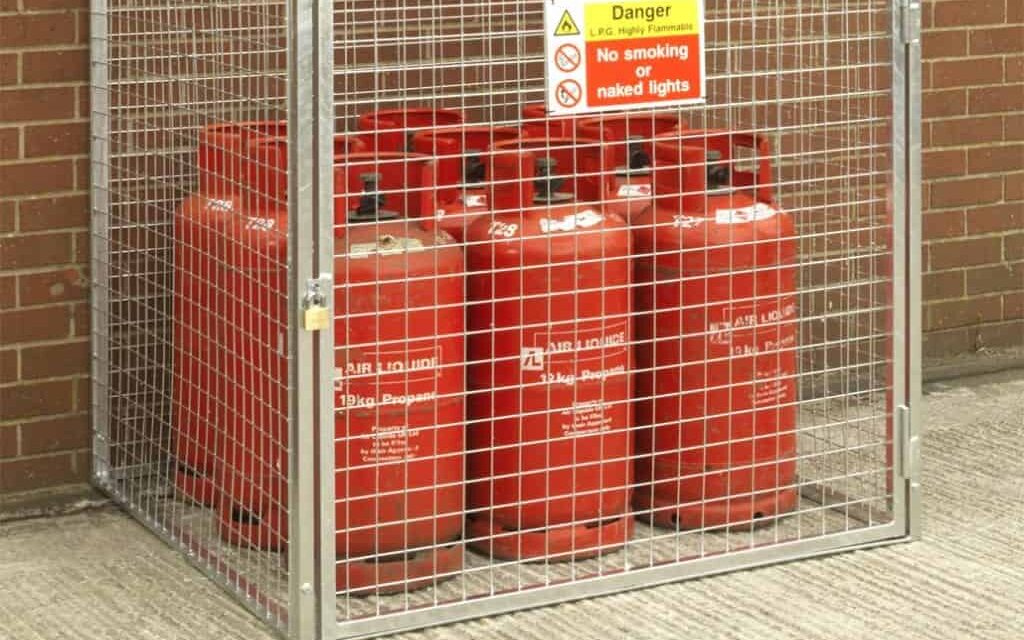
First of all, there is no ‘best’ or ‘safest’ way to store any type of gas cylinder. To determine what is right in your precise circumstances you will need to conduct a thorough risk assessment, which will help to determine the safety and storage requirements for your operation.
However, the following guidance is set by the Health and Safety Executive (HSE), the government body that enforces safety protocols, and may influence the decision:
- Store outside, where possible: No matter what the hazard, it is more containable if it is outside. This is why you see gas cylinder stores outside of the home, in caravan parks, or areas like transportation and railway hubs. Separation distances are key to safety.
- Store with sufficient ventilation: Yes, outside is best, but if you cannot do this (for instance if there is a storage area of oxygen cylinders on the second floor of a hospital) then ventilation is acceptable. Windows, ventilation systems, and large rooms will work.
The best storage methods often use a variety of products from our impressive range:
- Gas cages: Using a gas cage is a top option for secure indoor or outdoor storage. There are options for mobile gas cages, too, which will provide good levels of safety during transportation over small distances – something that is ideal for empty bottles.
- Wall mounted racks: Using a wall rack is a good way to make both short-term storage and occasional handling much simpler and safer. Empty bottles can be stored securely in a wall-mounted rack before being moved for refilling at a gas supplier.
The best empty cylinder handling products from our range include:
- Cylinder trolleys: As one of the most common reasons for handling empty oxygen cylinders is work in the healthcare sector, we recommend our Small Oxygen Cylinder Trolleys. However, you could also use a Two Cylinder Lifting Trolley for larger bottles.
- Cylinder storage pallets: A pallet, a flat surface where you can strap multiple gas cylinders or bottles in place, is perfect for the empty ones that will be transported. We recommend our Cylinder Storage Transport Pallet, which can handle up to 1,000 kg.
However you handle or store gas cylinders, you should always have procedures in place in the event that an accident occurs. For example, staff need to be aware of what to do in case of a sudden gas bottle malfunction and when to call emergency services, depending on the severity of the incident.
Are Empty Gas Cylinders Dangerous?
Not necessarily, but neither is a full gas bottle. There is still a risk as the residual contents can ignite and compressed gas cylinders with non-flammable materials are still not fire resistant. A thorough risk assessment using the HSE’s code of practice will determine the best approach.
The safety requirements are much the same – full or empty – and we have some of the best gas storage and handling products for all gas cylinders, which will help you to easily store or transport them. Browse and buy with free delivery in the UK and contact us if you have a query.
